The American Revolution Institute of the Society of the Cincinnati works to ensure that all Americans understand and appreciate the major achievements of the American Revolution—our independence, republican institutions, national identity, and our dedication to ideals of liberty, equality, natural and civil rights and responsible citizenship. The men and women of the Revolutionary generation who fought for these achievements deserve the respect of all Americans, and should be honored for their achievements. Those achievements are the foundations upon which nearly 250 years of progress are based. Each generation of Americans, including our own, should work to fulfill the high ideals of our Revolution.
The American Revolution Institute encourages appreciation for the men and women of the Revolutionary generation who secured our independence, created our republican institutions and dedicated the nation to liberty, equality, natural and civil rights and responsible citizenship. We encourage, applaud and support public and private efforts to honor them. We support public policies that encourage understanding and appreciation of the constructive achievements of the Revolutionary generation. We encourage teachers, schools and school systems to make understanding and appreciation of the constructive achievements of the Revolutionary generation a high priority. We applaud those who do. We encourage efforts to fulfill the high ideals articulated by the Revolutionary generation.
Our advocacy is non-partisan. The need for understanding and appreciation of the achievements that define our nation is a cause that should unite all Americans. We welcome the support of all who share our convictions and our concern for encouraging effective, non-partisan history education. We look forward to a future in which all Americans understand and appreciate the legacy of the American Revolution.
We encourage all our visitors to read Why the American Revolution Matters, our basic statement about the importance of the American Revolution. It outlines what every American should understand about the central event in American history. It will take you less than five minutes to read—and a few seconds to send the link to your friends, family and colleagues so they can read it, too.
If you share our concern about ensuring that all Americans understand and appreciate the constructive achievements of the American Revolution, we invite you to join our movement. Sign up for news and notices from the American Revolution Institute. It costs nothing to express your commitment to thoughtful, responsible, balanced, non-partisan history education.
Suggested Reading
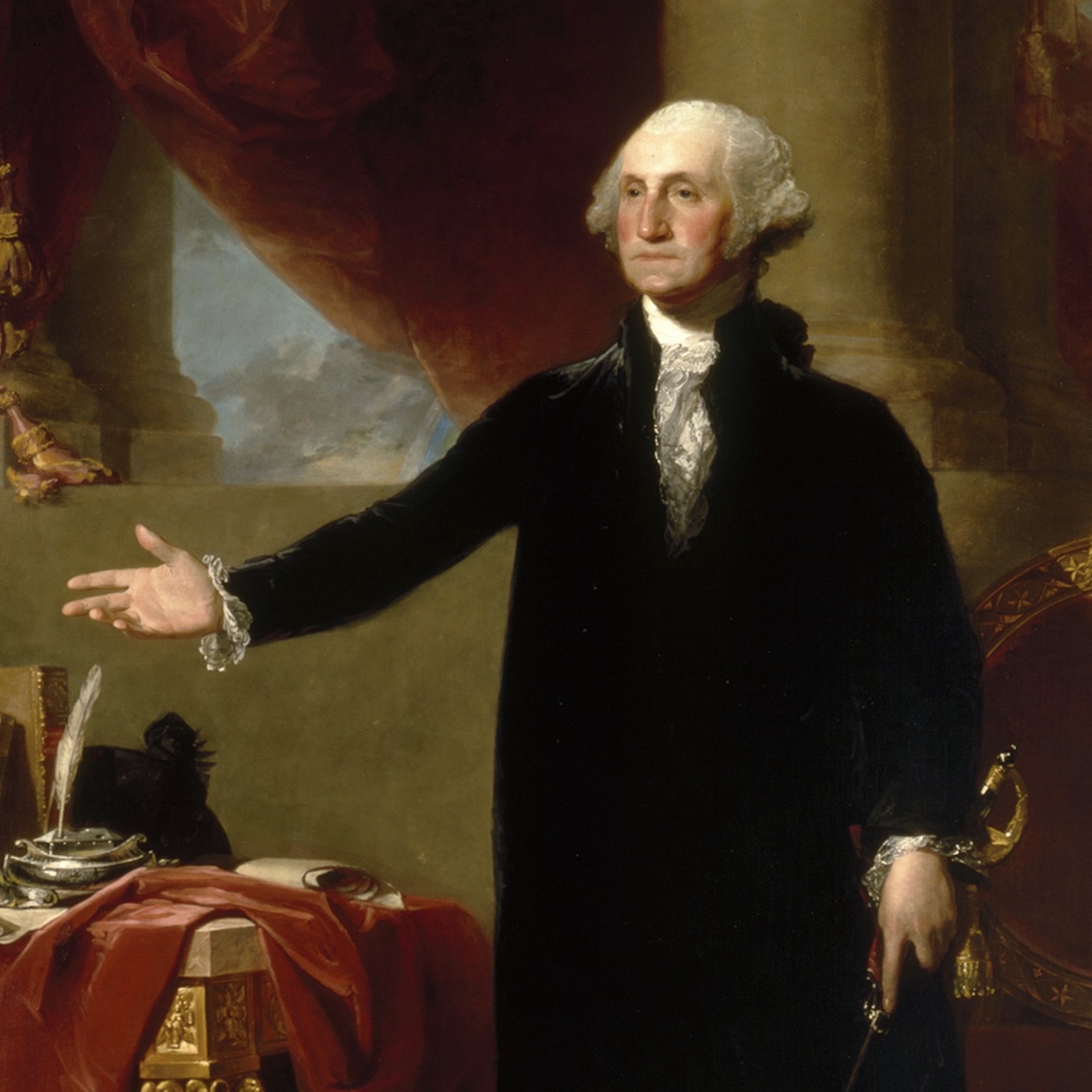
What You Can Expect from Us
Since its beginning, the American Revolution Institute has been committed to promoting understanding and appreciation of the struggles, ideals and achievements of the American Revolution. The Revolution was imperfect and incomplete, but it created the foundations upon which liberty has grown for nearly 250 years.
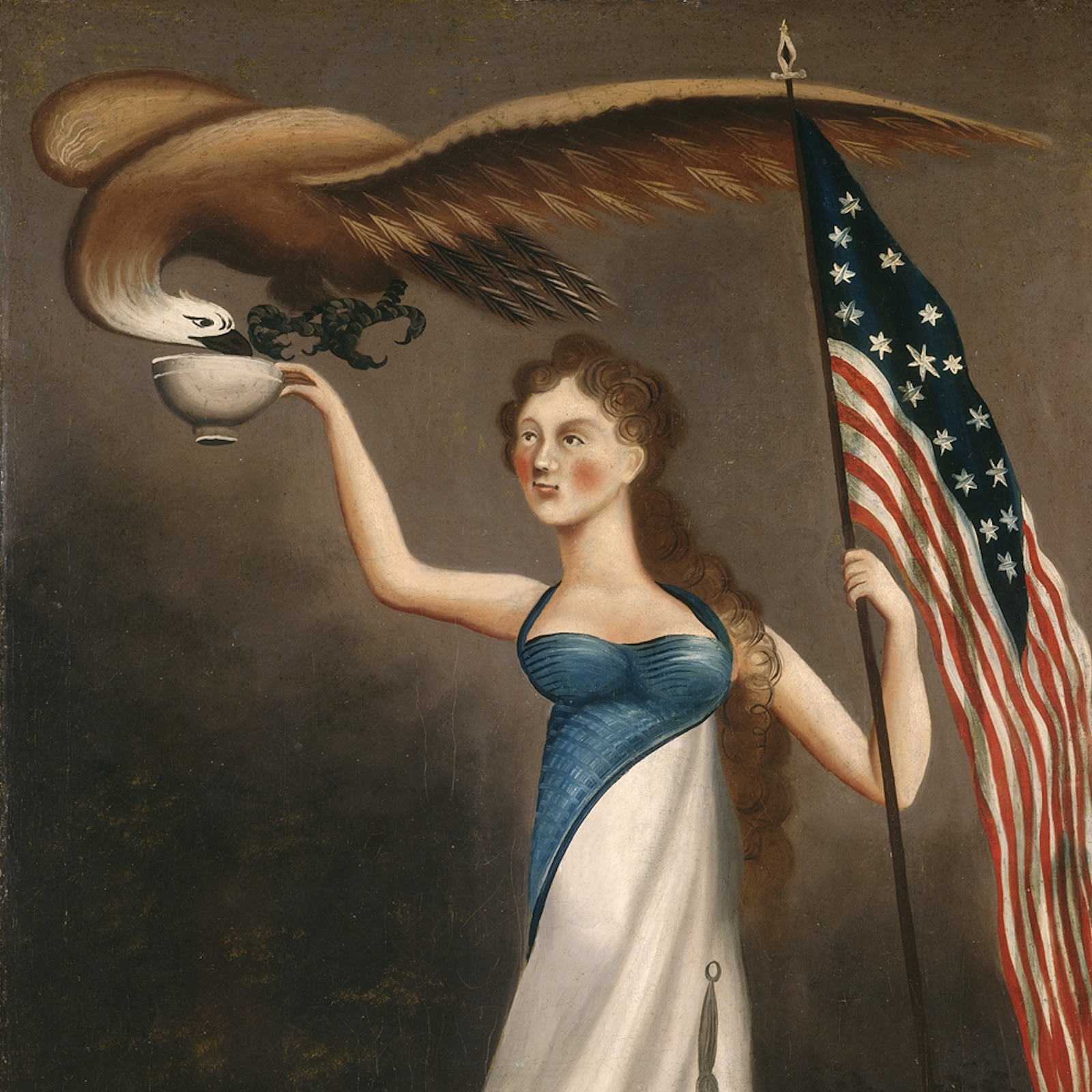
Why the American Revolution Matters
The American Revolution was the central event in American history. The men and women of the revolutionary generation secured our independence, created our republic, established our national identity and committed the new nation to ideals of liberty, equality, natural and civil rights and responsible citizenship. Those ideals have defined our national history and are at the heart of the mission of the American Revolution Institute.
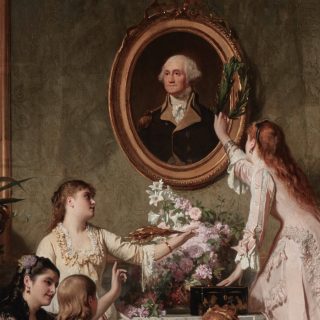
Why We Honor George Washington
Our nation honors George Washington more than any other American—his name appearing on cities, counties, schools, bridges, streets and mountains. But what did he do to merit such honor? This brief essay touches on the importance of Washington’s leadership during and after the American Revolution and how his legacy lives on today.
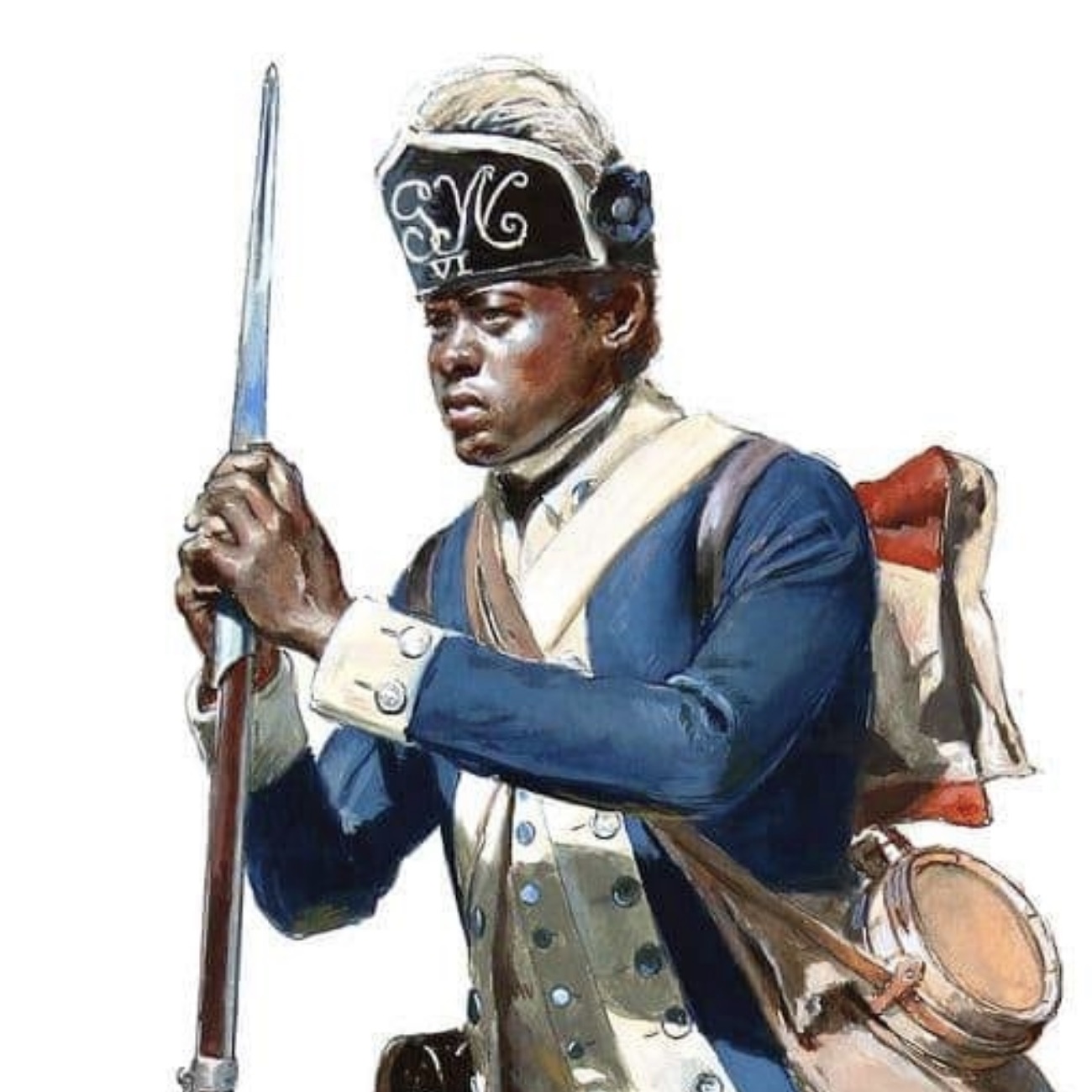
The Elusive Peter Hunter
Black soldiers and sailors made up a substantial part of the armed forces that won American independence. Recovering their stories, as this essay makes clear, can be extremely challenging, but the effort enriches our understanding of the Revolutionary War and the experience of the thousands of black Americans who fought for the American cause.
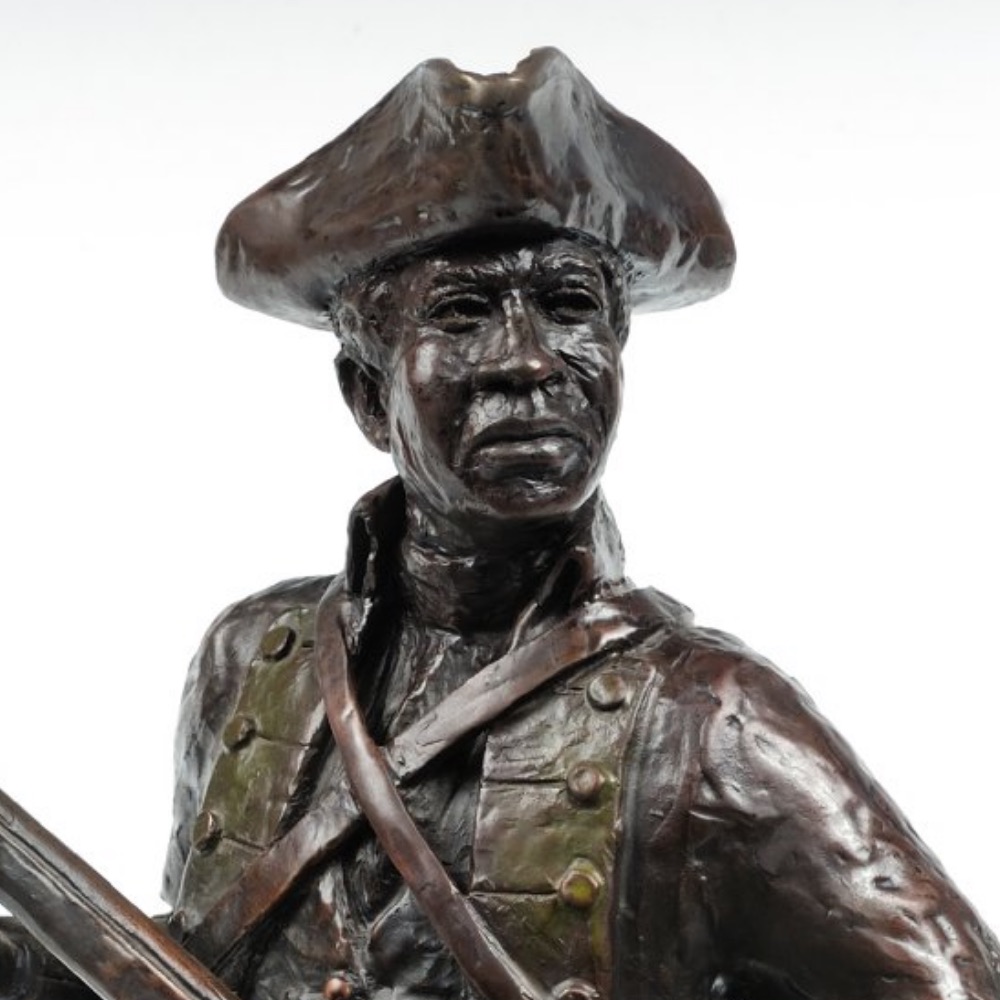
The Heroic Jeffrey Brace
Americans need to understand the experience of African Americans who fought to secure American independence. In The Heroic Jeffrey Brace, we examine the experience of one of those soldiers. He was taken from Africa as a young man, endured brutality at the hands of those who enslaved him, and enlisted in the Continental Army to secure his freedom. His story illustrates the complicated relationship between race and the ideals of the American Revolution.
For news and commentary on education and popular understanding of the American Revolution and its legacy, as well as reports and editorial coverage of American history and civics education, we recommend the American Civics portal of RealClear Public Affairs.